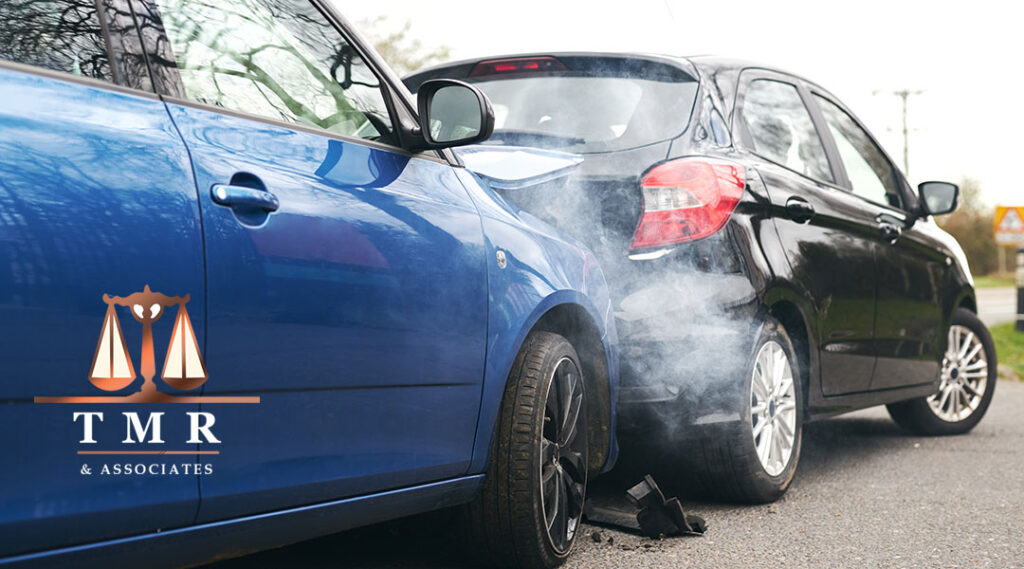One of the most common types of car accidents on American highways are rear-end collisions. Unfortunately, there have only been a growing number of potential distractions, like GPSs and cell phone screens, that could cause a driver to look away from the road and cause a collision. If you or someone you love were the victim of a rear-end accident, it is essential to understand your legal rights and what you may be entitled to under Florida law. Read on to learn more about no-fault insurance and what to do if you are involved in a rear-end collision in Florida.
Florida’s No-Fault Insurance Law
Florida is a no-fault state, which means that all drivers are required to carry a minimum of $10,000 of PIP (Personal Injury Protection) insurance. No matter who is deemed at-fault for the accident, Florida drivers are required to seek compensation through their own insurance carrier rather than pursuing compensation from the insurance company of the motorist deemed liable for the accident. However, even though Florida is a no-fault state, there are certain key exceptions to the at-fault car accident law that drivers should keep in mind. If serious injuries occur, the injured victim may be able to seek damages against a negligent driver. While Florida’s no-fault law was designed to make it simpler for people to quickly resolve and get compensation for minor accidents, if the injuries incurred significantly exceed the amount of PIP insurance carried, the driver may be able to seek further compensation. The issue of negligence becomes critical in cases where the injuries caused by the collision lead to permanent disability, long-term care, or render a victim unable to return to work. The rear driver is generally at-fault in rear-end accident cases involving serious injuries, although there are certain cases that are exceptions.
Accidents Involving Multiple Cars
If there are only two vehicles involved in a rear-end accident, the driver in the rear is typically found liable since they were probably driving too closely to the vehicle in the front. The rear driver may have been tailgating or gotten distracted and caused the accident. This would be deemed a breach of “the duty of care,” and establish the driver’s behavior as negligent. However, there are certain situations when the driver in front may be held totally or partially liable. A car accident lawyer can help you analyze the case to determine liability.
Comparative Negligence
As of 2012, Florida started permitting drivers to present evidence that the negligence of the front driver may have been a contributing factor to a rear-end collision. For example, if the driver in front accidentally drove in reverse or suddenly stopped, it may be deemed negligent behavior.
Contact Us Today
Car accident insurance law in Florida can be an extremely complicated system to deal with. If you were the victim of a collision that resulted in serious injuries, or if you are thinking about bringing a claim against your own PIP insurance in a crash you were liable for, you will need an experienced car accident attorney on your side to help you build the strongest case possible. Call Terry M. Rosenblum & Associates to speak to a top Florida personal injury lawyer today and get the compensation you are entitled to.

